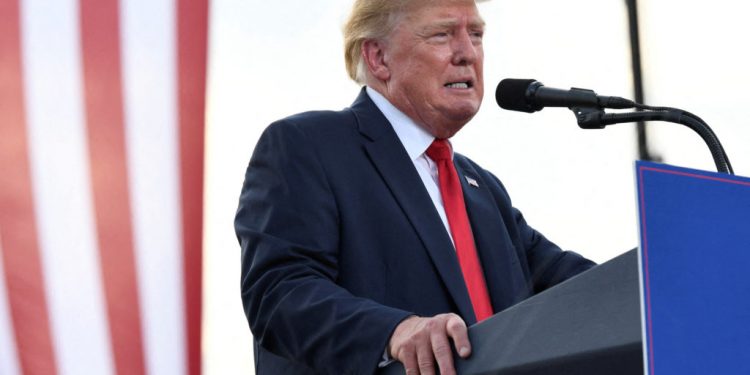The Supreme Court has agreed to hear the case on documents illegally seized from the Trump estate, Mar-a-Lago. The FBI wants to be able to see items from the raid that they could never get a warrant to seize. That includes his passports that have already been returned, his medical records, and privileged documents between him and his lawyers. They may even have his will. Trump’s case will be heard on an emergency basis and the decision will be announced quickly.
If the court agrees with Trump, the Special Master will review all documents and decide what the FBI can and can’t review. It is rather silly since the FBI has already looked at everything they stole. In order for the case to be heard, at least four justices would have had to vote in favor of the hearing. That would seem to indicate that Trump has an excellent chance of winning his case.
It will be interesting to see how the three liberal judges vote. They would love to nail Trump even with illegally seized documents, but on the other hand, they don’t want to make it possible to seize documents from Democrats in the future. It is a slippery slope that is the quandary they find themselves in. A no vote is a vote against the constitution. Of course, that has never stopped them before.
Justice Elena Kagan argued :
“[T]he majority’s decision is emblematic of too much of this Court’s shadow-docket decision making—which every day becomes more un-reasoned, inconsistent, and impossible to defend.”
Justice Samuel Alito countered:
VISIT OUR YOUTUBE CHANNEL“The catchy and sinister term ‘shadow docket’ has been used to portray the court as having been captured by a dangerous cabal that resorts to sneaky and improper methods to get its ways… This portrayal feeds unprecedented efforts to intimidate the court or damage it as an independent institution.”
Shadow docket cases are more time-sensitive and arise when a procedural issue needs to be addressed before the Supreme Court has time to hear all the arguments on the merits. Several criteria must be met before the Court adds a new case to its emergency docket, including whether inaction will cause irreparable harm or when there is a “reasonable probability” that four justices will eventually agree to review the merits.





















